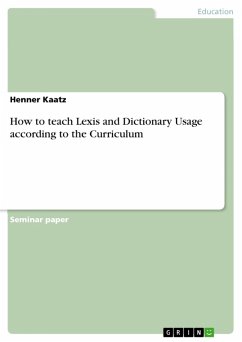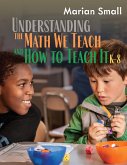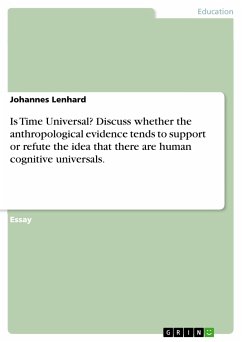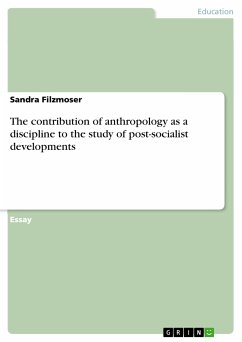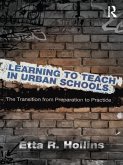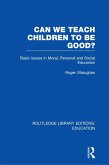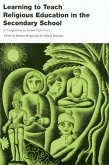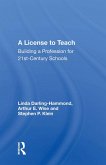Seminar paper from the year 2008 in the subject Didactics - Common Didactics, Educational Objectives, Methods, grade: 1,0, Technical University of Braunschweig, course: "Teaching English as a Foreign Language: Grammar and Lexis in Context" , language: English, abstract: In the seminar "Teaching English as a Foreign Language: Grammar and Lexis in Context" (WS 07/08) "English-minor" students are obligated to write a term paper about an issue which fits into the course subject matter. In this case, the topic "How to teach Lexis and Dictionary Usage according to the Curriculum" was chosen. The topic can be seen as one of the most important issues because the "future-teachers" need to be aware of what is expected and demanded from them due to the curriculum. This topic and respectively this term paper is a summary of what is meant by Lexical teaching and learning. Also, the "Niedersächsiches Kerncurriulum Englisch" is exposed inside of this paper in order to reveal the teaching/learning expectations related to Lexis. An obviously important question is "How is Lexis learned and being taught in school and how can dictionaries help to acquire a language?" Furthermore, in this case, the curriculum has to be considered as well. This term paper describes some of the opportunities German teachers have, according to the curriculum, to enhance Lexis acquisition especially with the addition of using a particular dictionary. It mainly deals with the ideas of the Lexical Approach (Michael Lewis). The Lexical part of language acquisition is seen as the most important one within this approach. The term paper creates a relationship between how Lexis is involved in "ideal" language acquisition and the national standards of the particular German school curriculum (in this case "Hauptschule" is reflected on). As a result, it shows whether there is a conflict between language acquisition referring to the Lexical Approach and curriculum guidelines or unison between those two aspects. In order to do so, both parts of the discussion are particularly identified. To describe and define the most important expressions, the paper starts with the definitions of Lexis, vocabulary, grammar, Lexical Approach and Lexis teaching in school. Then, different types of dictionaries and dictionary usage in school are portrayed. After that, the "Niedersächsiches Kerncurriculum" is depicted before teaching Lexis and dictionary usage according to it is explained. Moreover, it is shown how dictionaries can possibly help to enhance language/Lexis acquisition and some examples are supplied. [...]
Dieser Download kann aus rechtlichen Gründen nur mit Rechnungsadresse in A, B, BG, CY, CZ, D, DK, EW, E, FIN, F, GR, HR, H, IRL, I, LT, L, LR, M, NL, PL, P, R, S, SLO, SK ausgeliefert werden.

